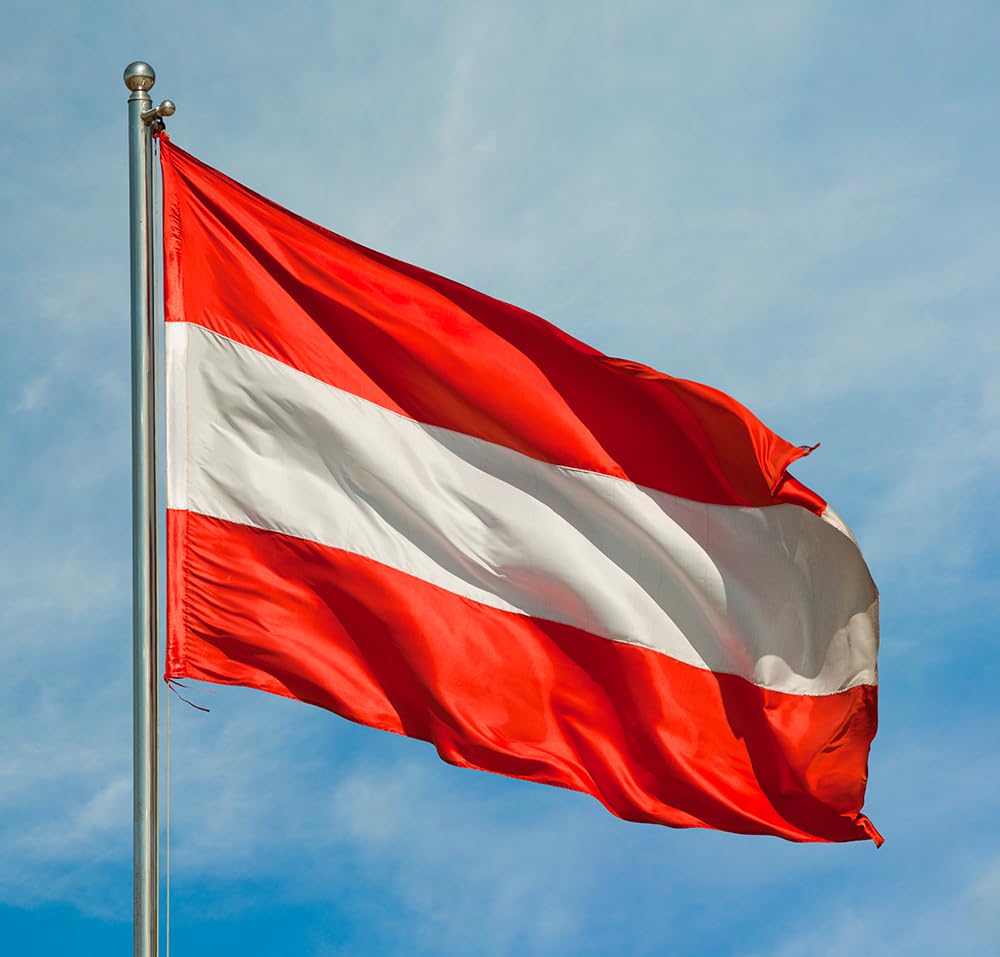From the age of six to fifteen, children must attend the well-organized, mostly state-funded Austrian educational system. It emphasizes academic achievement, vocational training, and equitable access to education for all inhabitants—including expatriates. Education occurs in numerous phases:

Kindergarten (Ages three to six)
Early childhood education in Austria starts with Kindergarten, which is voluntary for children between the ages of three and five and required in the last year before starting primary school. Public kindergartens are usually free or charge little fees; for expat families looking for bilingual or English-language education, private and international choices are available. Kindergarten addresses socializing, language development, fundamental motor abilities, and creative play. Kindergartens serving multinational families in metropolitan regions such Vienna, Linz, and Graz may provide multicultural learning settings.
Primary education (Ages six to ten)
Starting at age six, compulsory schooling runs for nine years. Four years of primary school— Volksschule—introduces pupils to fundamental reading, numeracy, natural studies, music, physical education, and moral instruction. German is the language used in public schools for education; this might be difficult for kids who speak another language poorly. Still, extra aid like German as a Second Language courses is typically accessible to let kids fit in. Based on their academic achievement and teacher recommendations, pupils are assessed at the conclusion of primary school and guided into either one of two major routes for secondary education.
Secondary education (Ages 10 to 15 or 19)
Secondary education in Austria is divided into two stages: lower secondary and upper secondary.
Lower Secondary (Ages 10 to 14)
Students attend either:
- New Middle School – Offers a broad education with an aim to cater to all learning abilities.
- Academic Secondary School – For academically inclined students; leads toward higher education.
Upper Secondary (Ages 14 to 18/19)
At this level, students continue in either:
- AHS (Upper Cycle) – Prepares students for the Matura, the Austrian matriculation exam required for university entrance.
- A vocational higher school combining academic and practical education, leading to both a diploma and eligibility for university.
- Apprenticeship System – A dual system where students receive practical training at a workplace while attending a vocational school part-time.
Depending on their interests and aptitudes, this flexible strategy lets students move between academic and vocational routes.
Austrian international schools
International schools are a common choice for expat families looking for an English-speaking or globally accepted curriculum. Particularly in Vienna, Salzburg, and Innsbruck, Austria hosts several prominent foreign institutions. These colleges provide courses including:
- International Baccalaureate (IB)
- British GCSE and A-Levels
- American High School Diploma
- French Baccalaureate
Although they provide non-German-speaking pupils a seamless transition, international schools have hefty tuition—usually ranging from €10,000 to €25,000 year.
Higher education and universities
Among the various internationally regarded universities in Austria are University of Vienna, Vienna University of Technology, and University of Innsbruck. Tertiary education comprises:
- Public Universities
- Universities of Applied Sciences (Fachhochschulen)
- Private Universities
Public universities in Austria offer reasonable rates for non-EU students as well as inexpensive tuition costs for EU/EEA nationals, sometimes less than €1,000 year. Particularly in science, technology, and economics, the great quality of education and large range of English-taught master’s and doctorate programs provide a major benefit. Students must have a recognized secondary school leaving certificate (such as the Matura or an international equivalent), evidence of language competency (German or English, depending on the subject), and sometimes admission tests for specialized programs like medicine or art in order to register in university.
Language and fusion
Language help is especially important for expat children enrolling in Austrian public schools. Most public schools educate in German, and kids could first be put in preparation courses to improve their language competency. Counselling and integration initiatives abound, especially in places with more multinational populations.
Process of enrolment
Usually starting in the spring for the next academic year, which starts in September, enrolment in public schools starts here. Among the necessary paperwork are:
- Proof of residency in Austria
- Child’s birth certificate and passport
- Vaccination and health records
- Previous school transcripts or report cards
Getting in touch with the local education authority (Bildungsdirektion) will let parents negotiate the particular criteria applicable in their area.
Special education needs
Austria provides integrated programs and specialized schools for children with physical, learning, or developmental disabilities as well as promotes inclusive education. These offerings are made in cooperation with psychologists, social workers, and seasoned experts.
You may also find these articles helpful
Frequently Asked Questions on Austria
Understanding the impact of criminal records on immigration to Austria
Assessing social benefits and welfare as an immigrant in Austria
